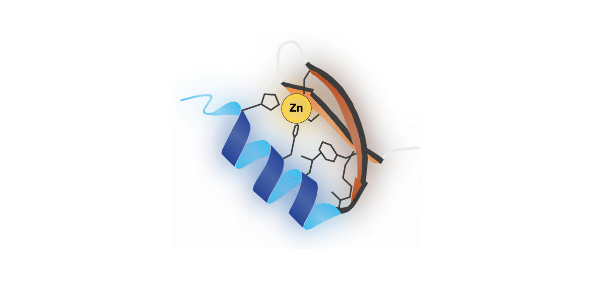
Submitted by Penny Peck on Wed, 08/12/2021 - 12:58
In a review published in Nature Reviews Genetics, entitled The potential of mitochondrial genome engineering, Pedro Silva-Pinheiro and Michal Minczuk reflect on the past, present and future of mitochondrial genome engineering.
Mitochondria are subject to unique genetic control by both nuclear DNA and their own genome, mitochondrial DNA (mtDNA), of which each mitochondrion contains multiple copies. In humans, mutations in mtDNA can lead to devastating, heritable, multi-system diseases that display different tissue-specific presentation at any stage of life. Despite rapid advances in nuclear genome engineering, for years, mammalian mtDNA has remained resistant to genetic manipulation, hampering our ability to understand the mechanisms that underpin mitochondrial disease. Recent developments in the genetic modification of mammalian mtDNA raise the possibility of using genome editing technologies, such as programmable nucleases and base editors, for the treatment of hereditary mitochondrial disease.
The authors conclude that the field of mitochondrial genome editing is expected to advance towards a widened spectrum of research tools and human therapeutic applications.
Publication reference:
Silva-Pinheiro, P., Minczuk, M. The potential of mitochondrial genome engineering. Nat Rev Genet (2021). https://doi.org/10.1038/s41576-021-00432-x

